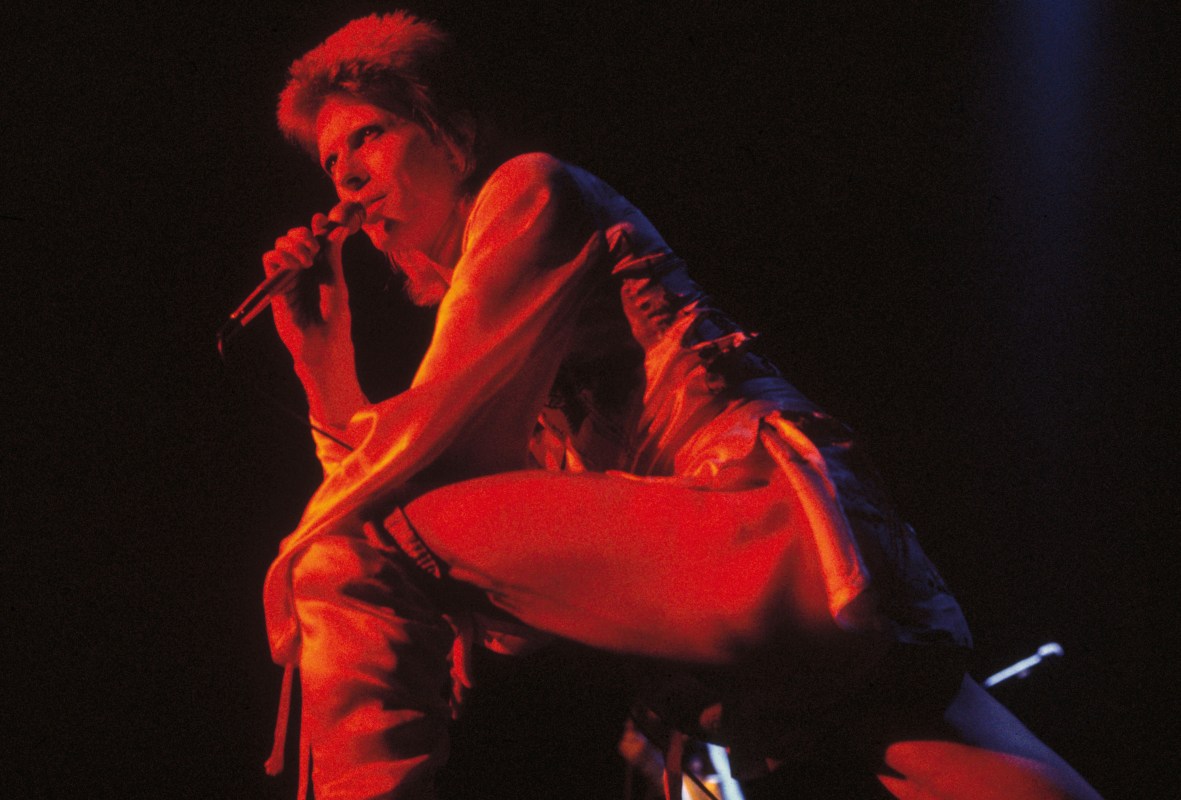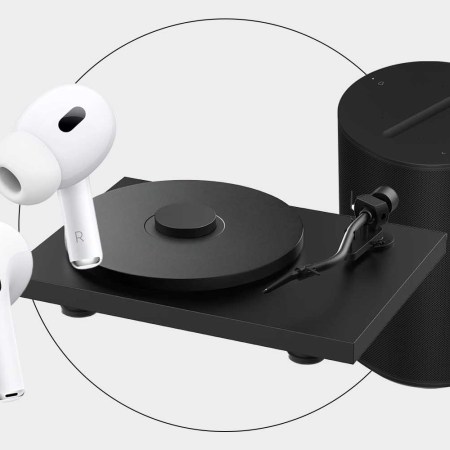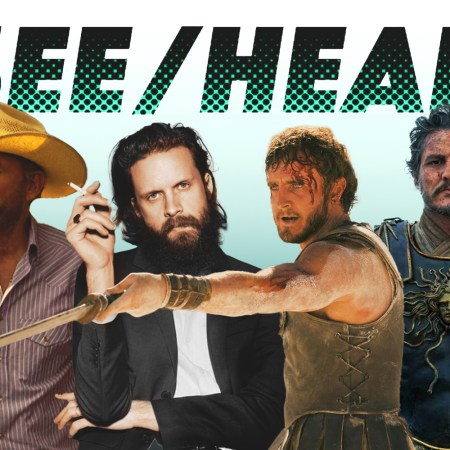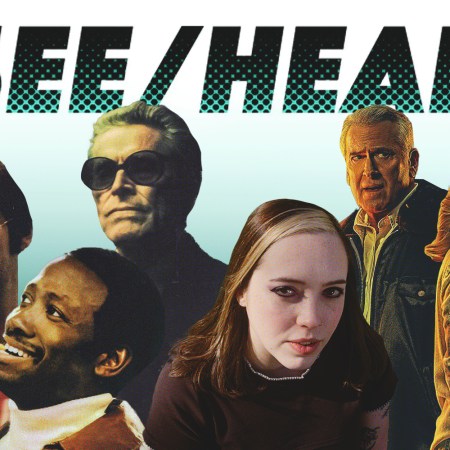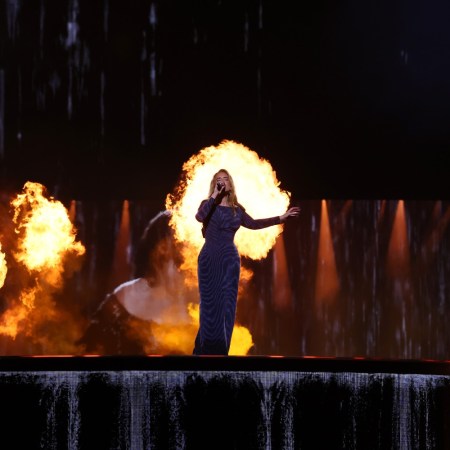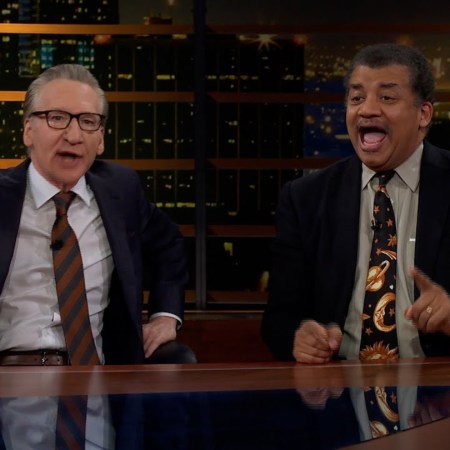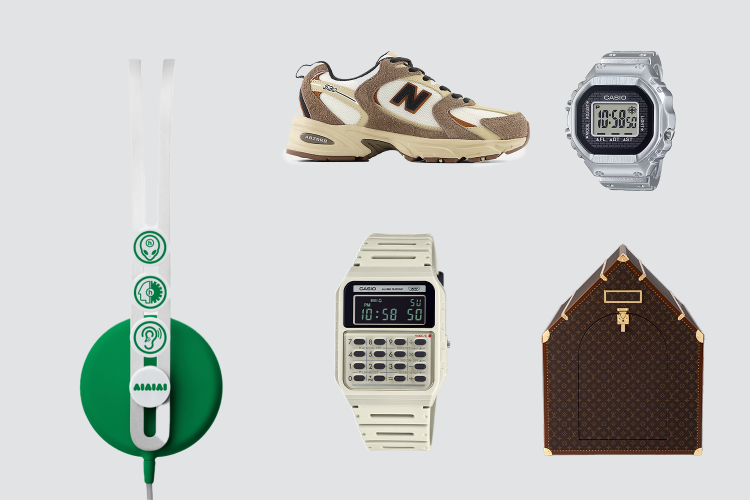We are at war. Deep down you know this.
Who will lead our army?
I want you to imagine an army of millions. For their entire lives, they have been told that they are ugly, that they are worthless, that their life has no consequence, that their brief and troubled time on earth will leave no impression.
Now, imagine a great rebel leader standing in front of this army.
This leader tells these people that their lives and their thoughts have value, and that the legacy of memories and wisdom they will pass on to their children are a kind of gold. This great leader holds up a mirror in front of this army and says, look at you, you are beautiful! Your flaws, your lisps, your limps, your jaws too soft or too sharp, they are all beautiful!
The greatest rebel leader makes those who have never felt beautiful feel beautiful.
You already know this rebel leader.
Her name is music.
We are an army! You will know us by the trail of our song.
Protest music, as it came to be defined through much of the 20th century, is no longer necessary. In 1964, Phil Ochs released an album called All the News That’s Fit To Sing. He wasn’t merely punning on the famous motto of the New York Times. He was also saying, “Here is where you will get your news.” This was once a very, very important function of music: Consider the (literal) broadsides of Bob Dylan, Woody Guthrie, Pete Seeger, or Phil Ochs. They passed on information, in the form of poetry and song, about racism, imperialism, war, the union movement, and so forth. Protest songs, subtle and severe, from Joe Hill to CRASS, consistently served as a source of information and a platform for discussion and discovery.
But we no longer need music to incite rage, or impart data or intelligence. The ubiquity and accessibility of the internet essentially rendered our need to hear news via songs irrelevant. This is not a good or bad thing; it is just evolution.
However, I do very much believe in music’s ability to be a locus for identity, a pin on the map of who we are and what we believe in. And identity has the ability to incite rage. Identity has the ability to invite enemies and attract friends. Identity has the ability to provide comfort and shelter.
If you identify, either by birth or choice, as anything other than a heterosexual white male, you are under attack as you have been at no time in the last fifty years. Maybe the battle is not yet on your doorstep — or maybe it is. In any event, I guarantee it will be soon.
You can pretend otherwise, but you are fooling yourself.
I promise you this: At this moment, the core aspects of identity of you or someone you love is under assault.
It is extremely likely that these aspects of identity were initially formed by music, were supported by a community you found via music, and continue to be felt and underlined when you engage with music.
Music is inseparable from identity.
We are music.
It is our homeland. We are the nation of music. It welcomed us when we were lonely, bullied, frightened, chased, and harassed, and it said, you are now one of us.
We found ourselves through Bowie or Jerry, or maybe even Company. You saw that slash of color on an album cover or t-shirt, and you were never the same; suddenly, the polo shirt from Korvettes and the haircut from Adam West seemed inadequate — not just inadequate, but wrong. Ray Davies, Patti Smith, Rotten, Bolan, Stipe, Morrissey…we are not just talking fashion or music, we are talking identity. We are talking about the warpaint we wore to find our tribe, as we wandered, the diaspora of the strange, through high school’s conformist halls.
More importantly, music was a way for us to declare, “We are not our parents.” It was also a way for us to say, “We are not that group sitting at that cafeteria table. True, for a few moments I wanted to be them, but then I knew that I absolutely could not. I had to be someone else. I looked for a flag. I looked for shelter. I found it under music.”
Music has always said: This is who I am.
Today, you may think, I am a parent. A lawyer. An uncle. A publicist. A psychologist. A teacher. A nurse practitioner. An accountant.
But before you were any of those things, you were a punk. A mod. A Deadhead. A Bay City Roller fanatic. A metalhead. A folkie. You knew every word to Rocky Horror. You knew every lyric to Ziggy Stardust and the Spiders from Mars, or Lola Versus Powerman, or Tyranny and Mutation
Music was your first portal to identity when you were old enough to choose an identity for yourself. And it has stayed with you, and is still somewhere inside of you, hasn’t it?
After all, you could not always identify yourself as someone who loved dinosaurs, someone who loved astronauts, someone who loved stickers. You had to move on. You probably then went through a stage of trying to “just” fit in, or trying to “just” not be picked on. But when that didn’t quite work, you started looking for a tribe. You searched, perhaps unknowingly, for a tribe that would welcome you and even protect you; a tribe that would make you feel like, well, you. You didn’t necessarily know what that tribe was, or where they could be found. You did not know where the signs were, where the map was.
And then came music. Music made it easy. Music made identity joyous. When you were lost or lonely, music said, “Stand under this flag.”
I want you to recall those first weeks when you had to find out absolutely everything about the Beatles, and that was all you could talk about. You are still shaped by that week! And then, remember that weekend you first heard the Kinks or the Velvet Underground? You found out a little more about who you were, who you were not, and who you might become. These discoveries were transitions as real as puberty, or your first solo voyage on the subway or LIRR, or the death of a beloved bubbe, or your first kiss. These discoveries didn’t just accompany life’s big events (though of course they often they did); they were life’s big events.
Music was not just a soundtrack. It was also a magnet. It was a flag to fly, a flag to seek.
Our experience with music, for the most part, is absolutely inseparable from identity with an outsider culture. Sometimes this was an outsider culture that presented itself in an extreme way, other times in a relatively passive way; but music culture is inseparable from outsider culture.
And outsider culture is under assault. This means that the homeland of music is under assault.
Many of us, arrogantly but understandably, could not imagine a time when human dignity, freedom of the press, and basic issues of gender and racial equality would again be threatened.
But that time has come.
And although we no longer need protest music to tell us the news, music may still be the greatest and most dramatic way to establish identity. And we can fight with identity, nearly as surely – and more pervasively – as we can fight with bullets. The frontline of this war is identity. And the doorway to identity is music.
I absolutely reject any musician who does not use the power and the gift of their platform to advocate for the rights of identity. Every musician, whose art was absolutely born of the discovery of identity, must say, “I stand here because I once chose not to conform. I will defend your rights to do the same.”
We are at war. And you will know us by the trail of our song.
I am a citizen of the Free Republic of Music. It has made me open-minded. It has made me contrary. It has made me compassionate. It has made me ridiculous and it has made me serious. It has made me find grace in noise and dissonance in grace. It has made me curious. It has made me welcome those who wave the flag of non-conformity. It has made me believe that beneath the flag of non-conformity, we may find invention, success, and happiness.
Let me paraphrase John F. Kennedy, as he stood in front of a wall, as he stood literally at the gates of freedom, as he stood at the frontline of the fight for the right of man and woman to seek an economic and social identity of their own choosing. And I say:
All free men and women, wherever they may live, are citizens of Music. And, therefore, as a free man, I take pride in the words: “I am Music.”
This article was featured in the InsideHook newsletter. Sign up now.
